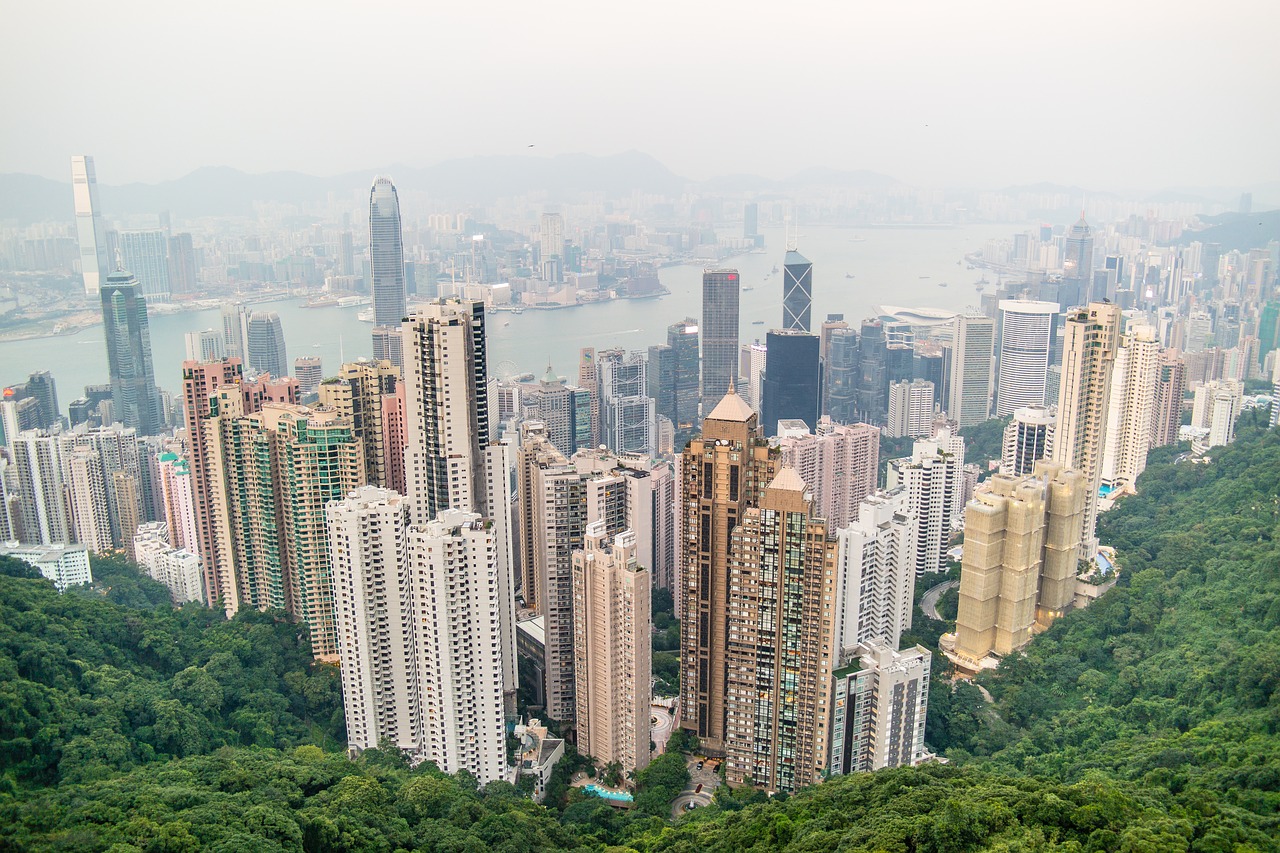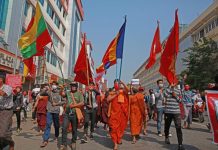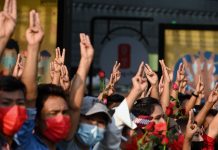
The US will end its special treatment of Hong Kong, said President Donald Trump. His remarks came after China imposed a national security law on Hong Kong.
"The United States wants an open and constructive relationship with China but achieving that requires us to vigorously defend our national interests," he said last Friday at a White House briefing.
The US will remove Hong Kong's special treatment as a customs and travel zone from the rest of China, said Trump during the briefing at the White House Rose Garden.
He also discussed actions over China’s handling of the coronavirus outbreak, state-led industrial espionage, and fraudulent activities by Chinese companies.
He emphasized the impact of the policy change on several US-Hong Kong agreements, from extradition to export controls, with few exceptions.
The US has always considered Hong Kong separately from mainland China in the fields of trade and commerce. The exception given to them freed the city's exports from US tariffs on Chinese goods as part of the trade war.
Trump's remarks came days after the Secretary of State Mike Pompeo announced that Hong Kong was no longer autonomous from China. This means Hong Kong is not entitled to special treatment, in response to recent issues, including a national security law that would give Beijing more control over Hong Kong.
"China claims it is protecting national security, but the truth is that Hong Kong was secure and prosperous as a free society. Beijing's decision extends the reach of China's security apparatus into what was once a bastion of liberty,” said Trump.
The US plans to sanction mainland Chinese and Hong Kong officials who participated in "absolutely smothering" Hong Kong's liberties.
Moreover, the State Department will change its travel advisory for Hong Kong to in response to the “increased danger of surveillance and punishment by the Chinese state security apparatus”, said the President.
He did not specify a timeline for when the actions would be in effect.
Meanwhile, Pompeo said that the US no longer has basis to treat Hong Kong more favorably than mainland China.
The secretary's statement magnified the increasing tension between the world’s two largest economies amid the coronavirus pandemic and several pro-democracy protests in Hong Kong.
China’s leadership ruined its promise of keeping Hong Kong’s autonomy by imposing control over Hong Kong, Pompeo told Fox News’ “Sunday Morning Futures." s
“It is a different Chinese Communist Party today than it was 10 years ago,” Pompeo said. The party is “intent upon the destruction of Western ideas, Western democracies, Western values.”
Moreover, Trump promised “strong” and “meaningful” actions against China. “If the Chinese are going to treat Hong Kong the same way they treat mainland China, there’s no basis for the United States to treat it differently as well,” Pompeo said.
“Hong Kong and its dynamic, enterprising, and free people have flourished for decades as a bastion of liberty, and this decision gives me no pleasure. But sound policy making requires a recognition of reality,” Pompeo said in a different interview. “While the United States once hoped that free and prosperous Hong Kong would provide a model for authoritarian China, it is now clear that China is modeling Hong Kong after itself.”
Pompeo also stressed the call of the US on European governments to stop doing business with China’s Huawei Technologies Co. The US has sanctioned Huawei and other Chinese technology companies several times for breaking US sanctions.
Europe “needs to get it out of their system,” Pompeo said of Huawei. “They need to use Western technologies.”






